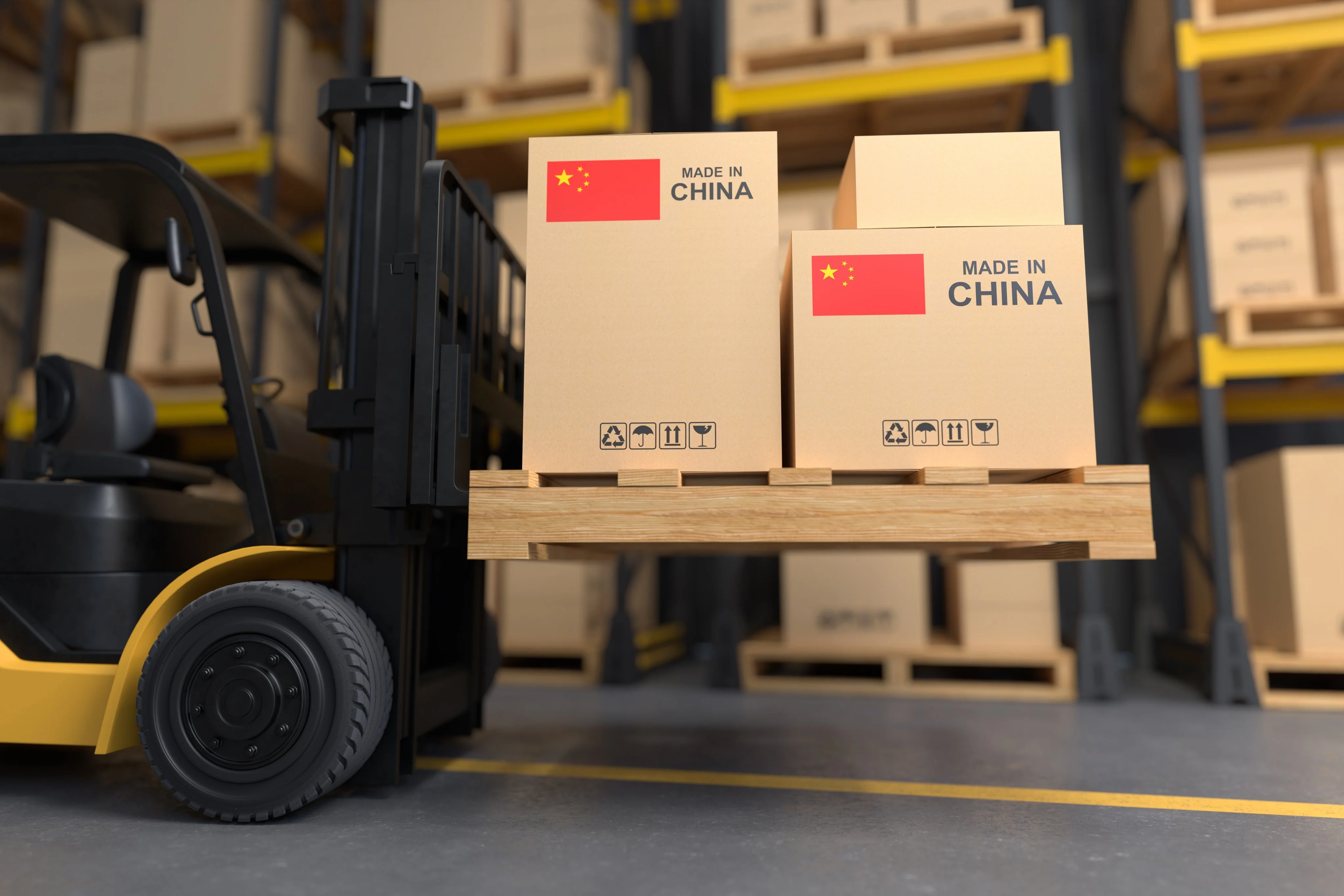By Alice Li
Copyright scmp

Beijing’s recent move to clarify standards for “domestically made products” in government procurement is designed to shore up the confidence of foreign companies operating in the country, according to an analyst.
Effective January 1, “Made in China” goods will be granted a 20 per cent price preference over foreign-made goods in bidding for government contracts, according to a notice released by the State Council on Tuesday.
Companies with different ownerships – state-owned, private or foreign – will be equally subject to the supportive policy, with the notice barring procurement bodies from favouring or discriminating against suppliers based on brand, form of ownership, or the nationality of the investor.
To qualify as “locally produced”, the proportion of the cost of components produced domestically must reach a prescribed threshold. And for some products, critical parts and processes must be made or completed in China.
Authorities plan to refine sector-specific criteria over the next five years and provide a three- to five-year transition period after the release of industry-specific standards.
The new measures – particularly regarding the proportion of components made locally – mirror practices in the United States and European Union, said Xu Qiyuan, deputy director of the American Studies Institute at the Chinese Academy of Social Sciences.
In an article, he said that the revised definition of “domestically manufactured” is more transparent and objective, creating a more predictable and favourable environment for foreign firms.
“Previously, a lot of foreign firms complained that the lack of clear standards undermined transparency in government procurement,” Xu said. “The new rules, however, provide explicit criteria … making it more viable.”
Preference for ‘domestically manufactured’ products in public procurement is a long-standing market-access barrier for foreign companies in China
EU Chamber of Commerce in China report
The transition period outlined in the notice also benefits foreign companies by “giving them time to adjust production set-ups and investment decisions in China, making it easier for them to meet the domestically manufactured standard”, Xu explained.
Beijing’s latest measures to buoy companies operating in China came as it looks to stabilise foreign investment amid rising external uncertainties.
Problems with government procurement policies have long been a major concern for European companies in China, according to business-confidence surveys by the EU Chamber of Commerce.
The impact has been especially evident in the medical-device sector, according to survey results released by the chamber in May, with “European companies experiencing discrimination due to the existence of ‘buy China’ public procurement practices, as well as strict import-justification requirements for medical devices”.
In July, China barred European companies from major Chinese government medical device contracts, hitting back against similar EU restrictions imposed on Chinese firms in June.
“Preference for ‘domestically manufactured’ products in public procurement is a long-standing market-access barrier for foreign companies in China, with chamber members reporting that their products are frequently excluded from public procurement despite being developed and manufactured in China,” according to a report by the chamber in late 2024.
China’s Ministry of Finance said on Tuesday that the latest policy was a “concrete move to grant foreign firms national treatment in government procurement” and aligns with Beijing’s commitment to build a “transparent, stable and predictable regulatory environment”.
In 2024, the value of Chinese government procurements was 3.3 trillion yuan (US$463.6 billion), falling for three consecutive years, according to a report by the China Federation of Logistics and Purchasing.
Additional reporting by Ji Siqi



